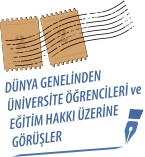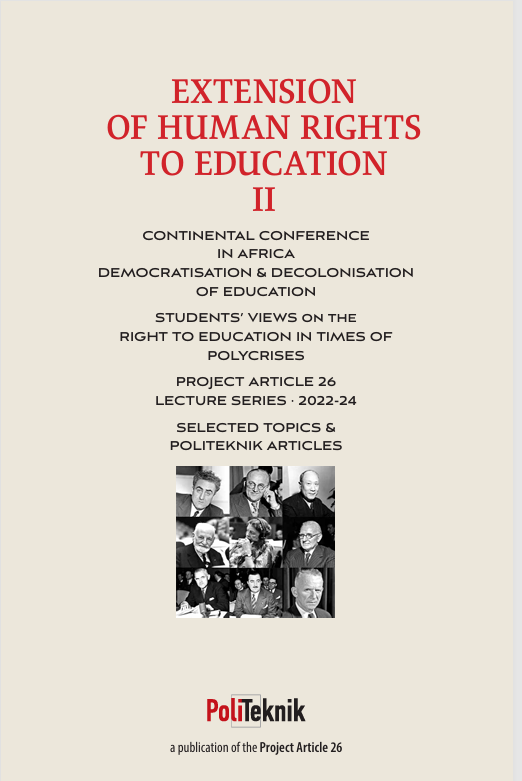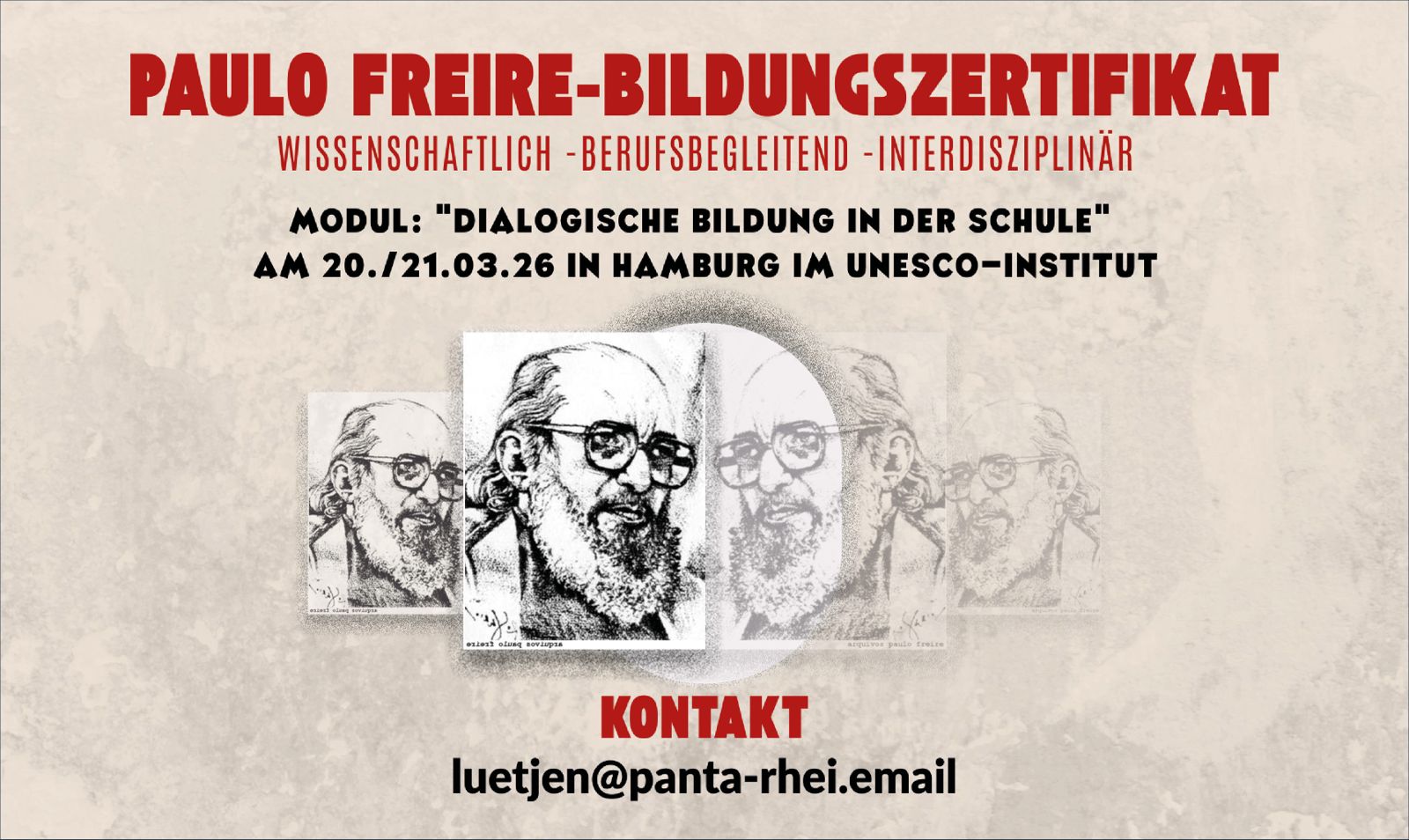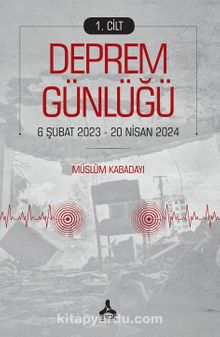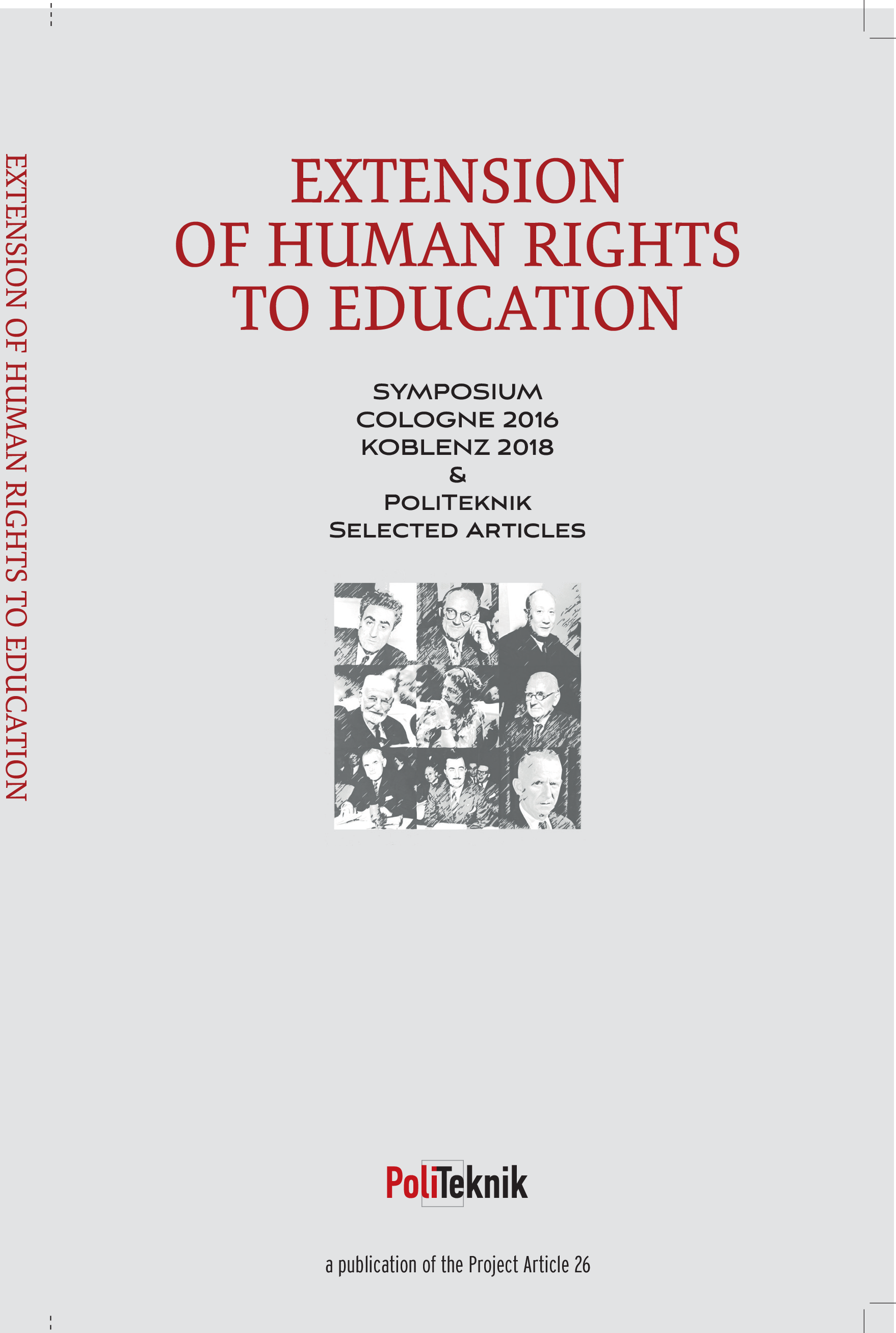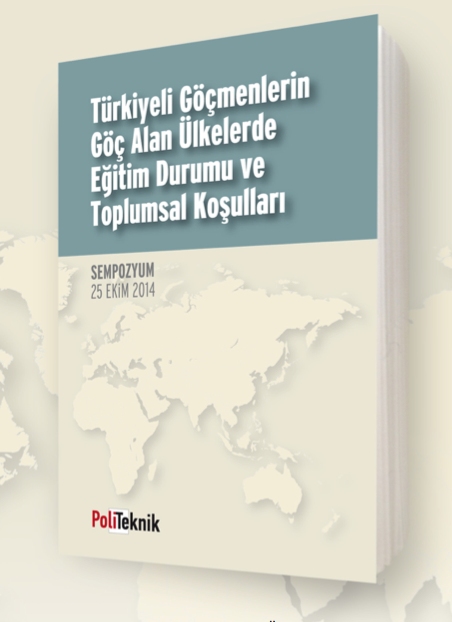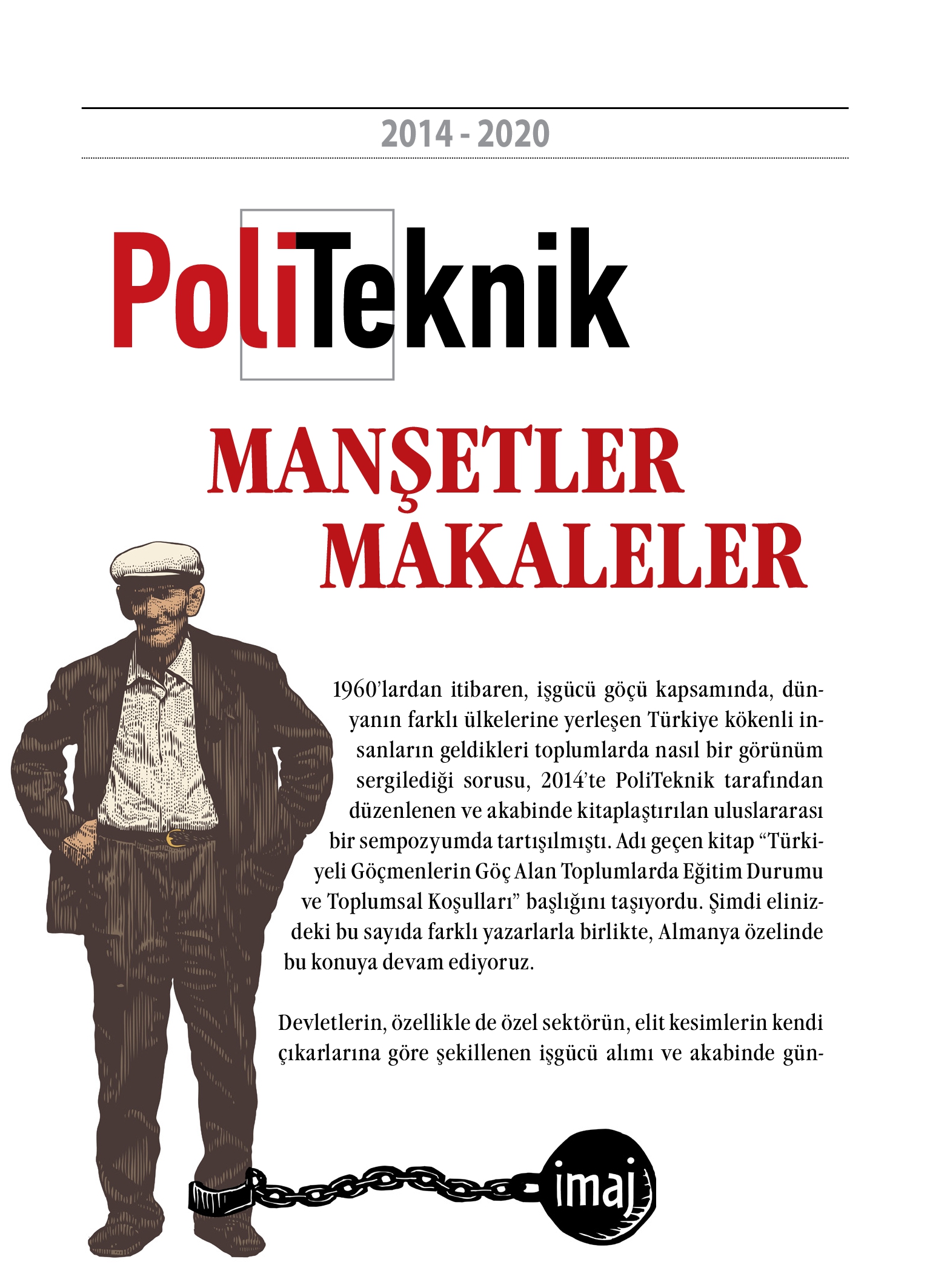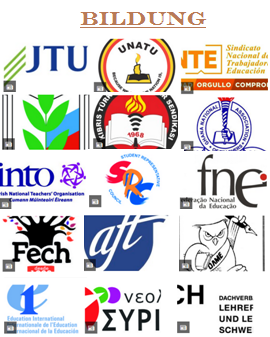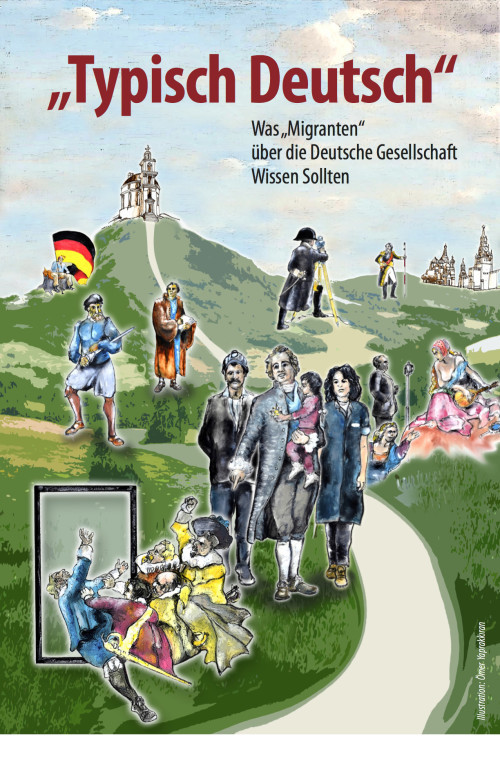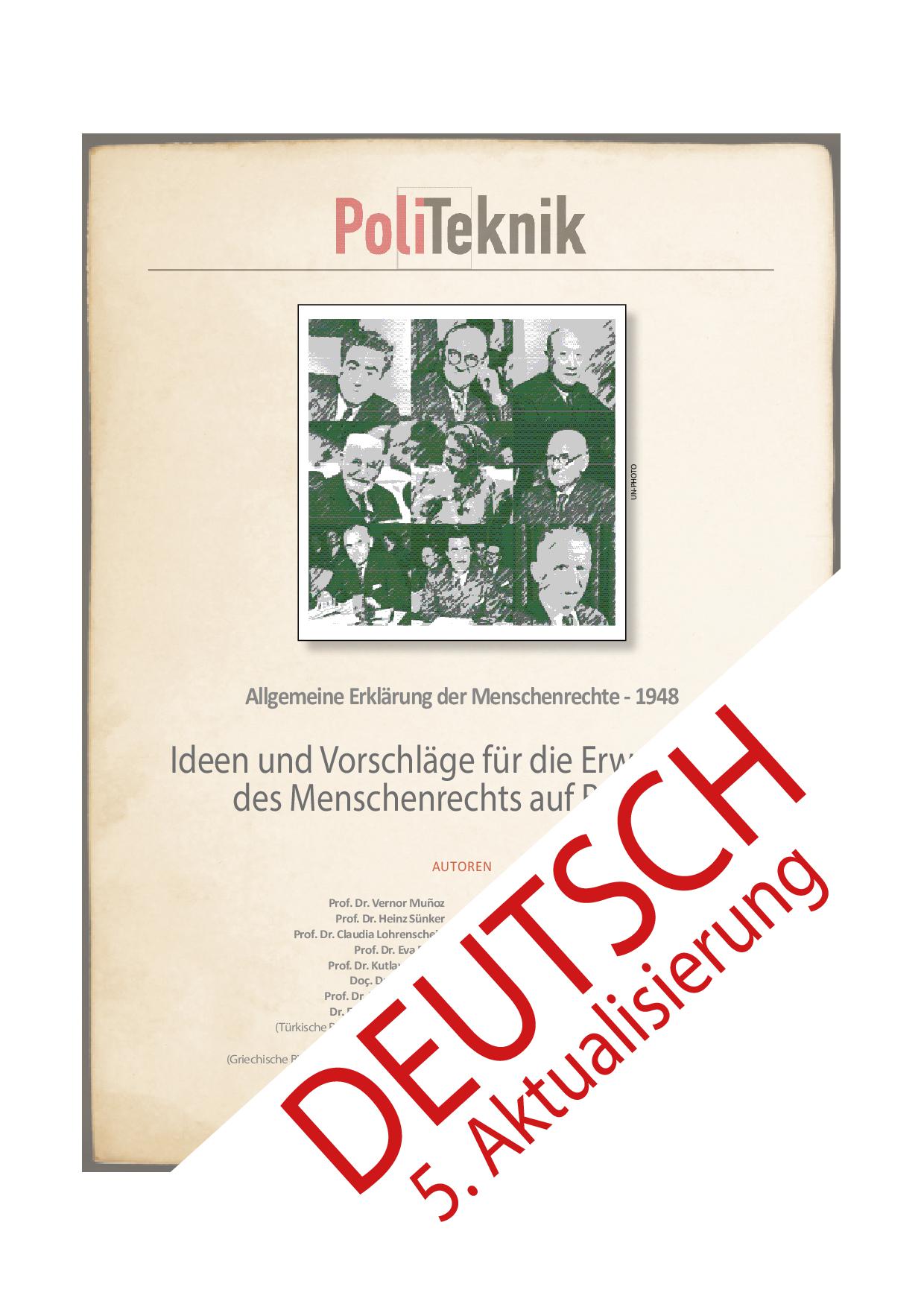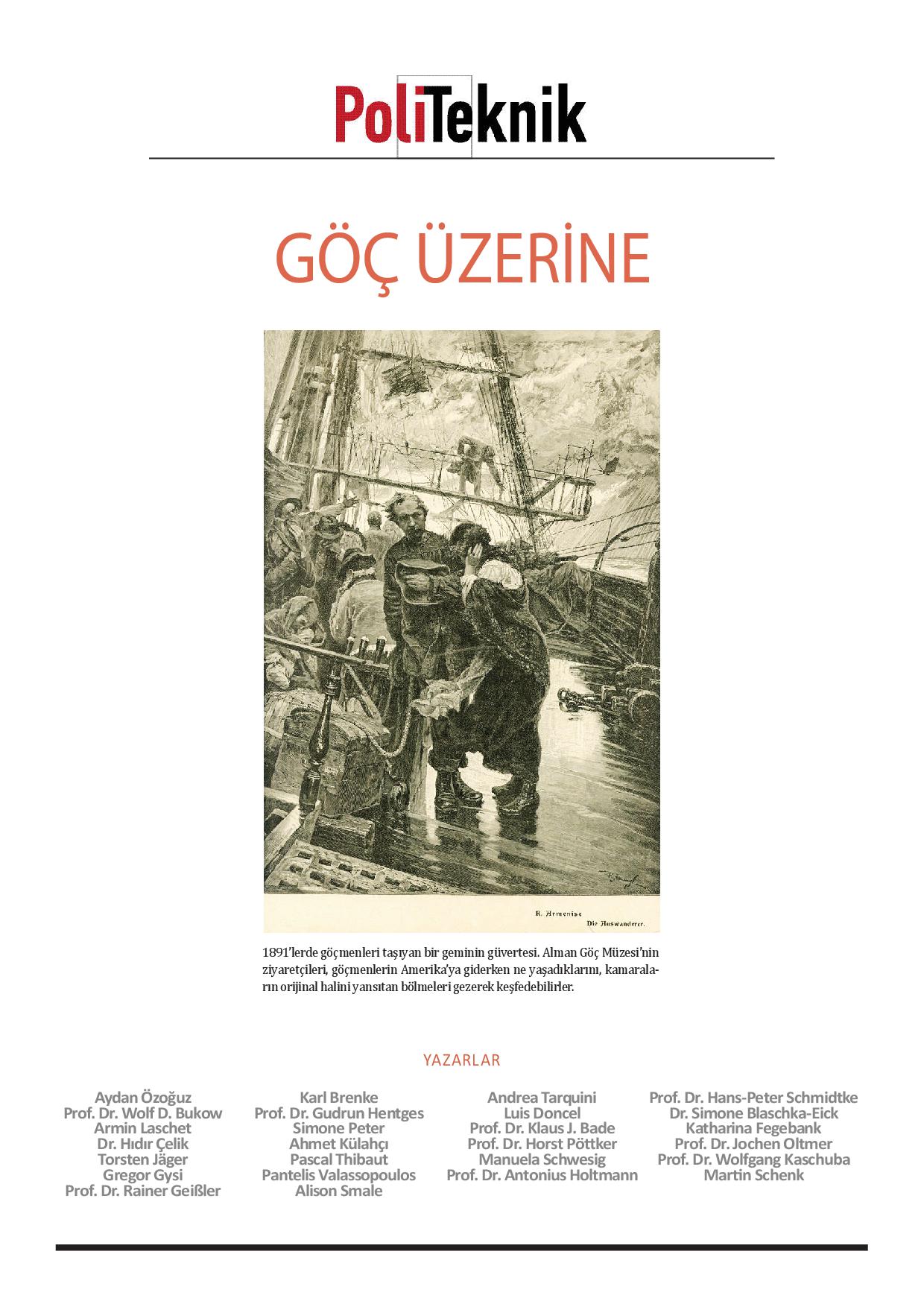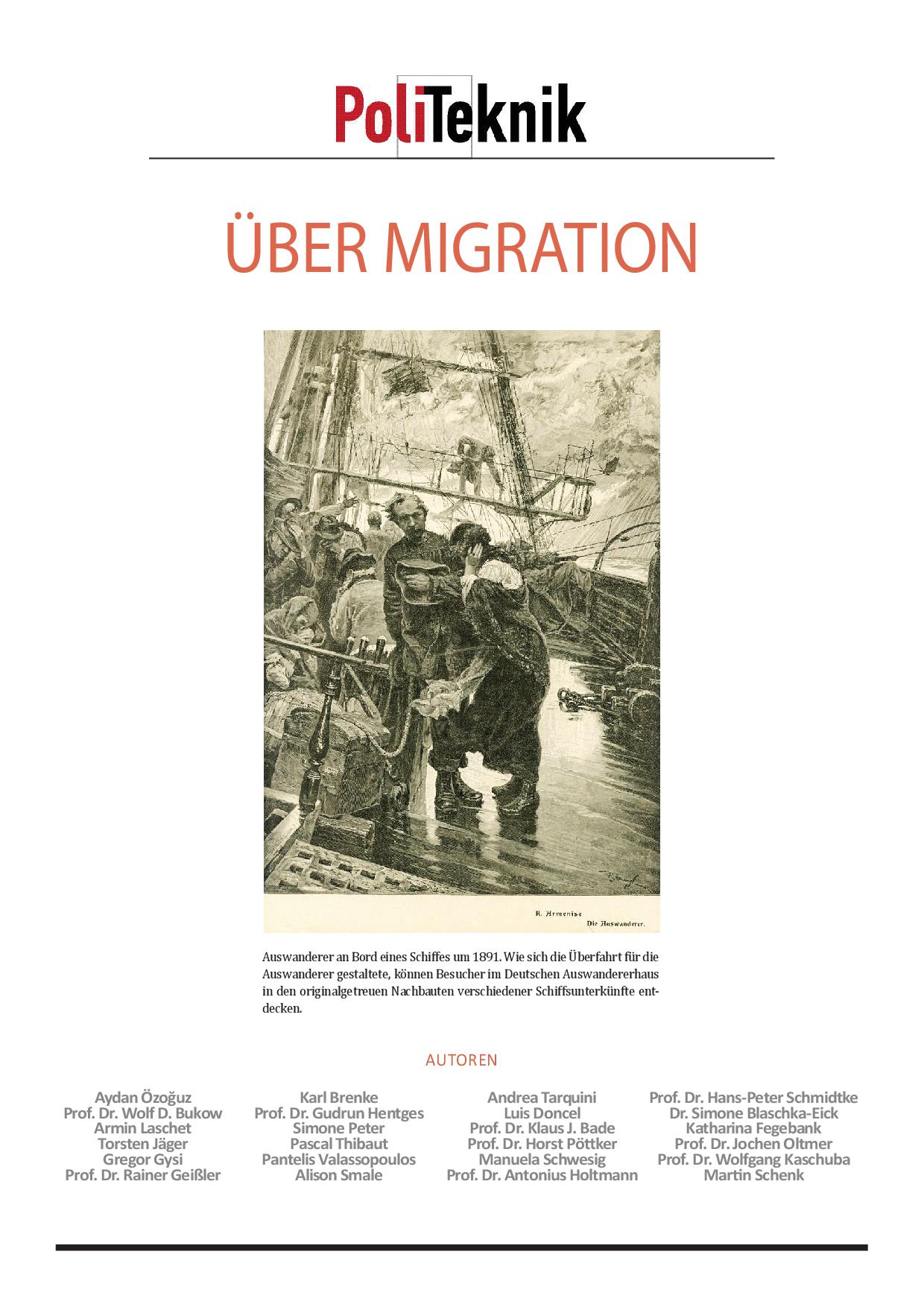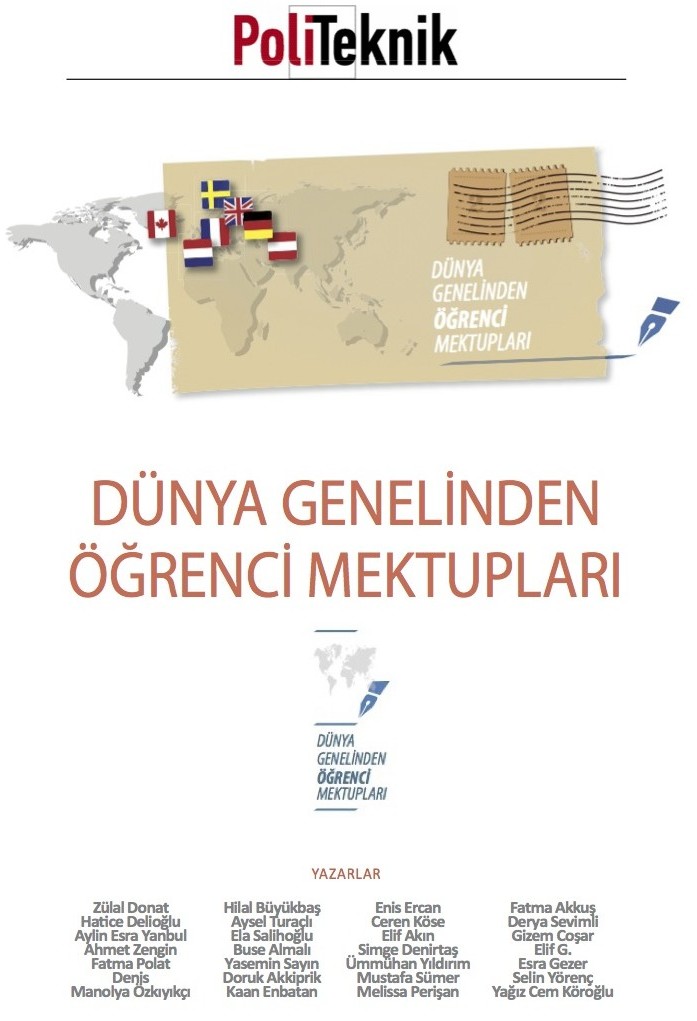Brenda Passos dos Santos (Universidade Federal da Paraíba – Brasil)
 This article aims to discuss, in face of Brazil’s conjuncture, the questions on the incident on the major theme of its higher education. The debate to be exposed intend to answer the follow questions: 1. How do you rate the access to higher education in terms of quality? What are the pros and against you observe?; 2. Do you think education in universities is equally offered in your country? Is there any distinction based on high level /low level universities? In case of positive answer, what do you think about this distinction? 3. Could you make a comparison between your country and other countries considered as having a good educational system? 4. Do you think your socioeconomic status plays a role in access to higher education? Do you have any friend who has to get a loan scholarship to fund their higher education? From an honest questioning about the above premises, it is possible to outline a larger picture of the country’s higher education.
This article aims to discuss, in face of Brazil’s conjuncture, the questions on the incident on the major theme of its higher education. The debate to be exposed intend to answer the follow questions: 1. How do you rate the access to higher education in terms of quality? What are the pros and against you observe?; 2. Do you think education in universities is equally offered in your country? Is there any distinction based on high level /low level universities? In case of positive answer, what do you think about this distinction? 3. Could you make a comparison between your country and other countries considered as having a good educational system? 4. Do you think your socioeconomic status plays a role in access to higher education? Do you have any friend who has to get a loan scholarship to fund their higher education? From an honest questioning about the above premises, it is possible to outline a larger picture of the country’s higher education.
My country’s higher education covers two areas: public higher education and private higher education. The technical quality of public higher education is significantly higher, although, on the other hand, it often lacks public resources to assert its organization and structure, which therefore interferes with the students’ full learning. Nevertheless, some public universities, such as USP, UNB, and some others, have internationally recognized teaching qualities. For these renowned universities, access, even beeing public, becomes extremely selective, since their entrance is coveted and those who have enjoyed privileged teaching conditions or have the resources to invest in courses that prepare for the entrance exam in these institutions are better able to find a place at these universities. On the other hand, private education, although not as highly esteemed as the quality of education and having less competition for entry, has a high degree of organization and infrastructure, and is still an option for those with a good standard of living that does not have been able to enter public higher education, being able to occupy these private colleges. In fact, a distinction is made between both models of higher education, so I conclude that the type of education is slightly different between the public and the private, and, a little further, different between each university of public education (how the government or the federation allocates resources to be invested) or between each university of private education.
Brazil, despite having made significant progress in the quality of education and in the system of enrollment in higher education, still lacks an honest investment in the sector that can be allocated to the quality of its infrastructure, its employees, and the permanence of its students. A positive aspect of our country, despite everything, is still the possibility of having access to a good public higher education. When analyzing the higher education of other countries, recognized in their quality, it is noticed that a great part of these institutions is private. Contrary to external experiences, Brazil’s quality of education and information in the public sphere (and in this sense, I refer only to higher education) is considerably higher and more feasible than private education under the same conditions.
Although education is public, its access does not necessarily induce the entry of the poorest status of the country. Public doesn’t mean accessibility. Brazil’s higher public education is so renowned that most people who wish to acess the universities, even those financially affluent, prioritize the entry into the public sector (with the exception of private medical schools, which, for those who are able to afford the costs, opt for private education because of its “elitist” and selective character). In a broad scenario, considering the diversity of superior courses, the access is even more disputed and wished in the public universities. Therefore, the people who during their life and their educational process had the most favorable conditions for their development, guarantee a good advantage in the disputes for a vacancy, in order to get na advance in the results of the exams to access the universitie, the “vestibulares”.
The Brazil universities public system has the “cota” mecanismo, that means that parto of the vacancies are for people who are ‘low income’,’ black declared people ‘,’ indians’, among others, it does not have, although, mechanisms to make them stay in public education, since they need other resources such as food, transportation, housing , resources, among others. Higher education is still an elitist mechanism in our country, despite the great progress in recent years. People with a good standard of living find it easier to enter higher public education, and when they can not, there is still the possibility of choosing a course in private higher education.
One remaining possibility for those who, due to their process of lagging educational throughout life, or problems related to their social and economic life, is the entry into the private higher education path through financing their costs. The selective process of a private college is not as competitive as the process of a public university. Something that explains this condition in our country is the fact that many private colleges are instituted only for the purpose of providing their merchandise, which in this case are the offered courses. There is no limitation of resources for investments in the private sector, on the contrary, the more you invest, the more space you have to receive new students that, in turn, will reimburse previous investments by injecting new profits into the institution. Therefore, due to this relative facilite of entry in most private colleges, many people who have not been able to compete for a place in public education and are interested in joining the only possibility that allows a possible social ascent, are led to the financing of their superior course through mechanisms of governments (formerly stronger, now scarce), or through the institution itself.

